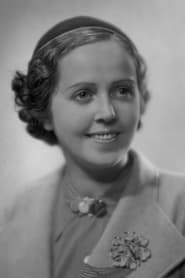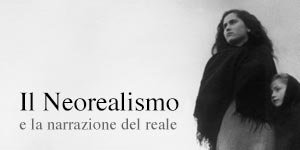Lily Bouwmeester (28-09-1901, Amsterdam, The Netherlands)

Lily Geertruida Maria Henriëtte Bouwmeester (1901–1993) was a Dutch stage and film actress, who received an honorary Golden Calf for being "the best actress in Pre-War Dutch cinema". The daughter of two musicians, Bouwmeester spent her youth touring Europe with her parents. When constant travelling proved to be too exhausting, she moved in with her aunt, actress Theo Mann-Bouwmeester. She dreamed to become a dancer, but her aunt demanded for her to become an actress and sent her to several auditions. At the age of 14, she debuted in a stage production by Herman Heijermans. Bouwmeester made her screen debut in silent film Majoor Frans (1916). In 1917, she landed a contract with a prestigious theatre in Amsterdam and performed at the Stadsschouwburg, receiving much acclaim from theatre critics. While working on a play in 1920, she met actor Theo Frenkel Jr., whom she married in 1921. Soon after that she left the Stadsschouwburg to produce her own plays with her husband. After her divorce in the early 30s, Bouwmeester decided she needed a break and left the theatre. She did not, however, give up acting. In 1935, when the sound film had just been introduced in the Netherlands, she auditioned for the lead role in The Cross-Patch (1935), but had no luck. She was noticed by director Ludwig Berger, who cast her in Pygmalion (1937). The production was a success; Bouwmeester became an instant star and was offered a five-year contract with Paramount Pictures. She declined, however, because her new husband, actor Cor van der Lugt Melsert, was unwilling to travel to the United States with her. During World War II, Bouwmeester secretly took in two Jewish children in her home. After the liberation in 1945, she was offered movie roles again, but declined all offers. She decided to return to theatre instead and played in the famous stage production of Pygmalion. In 1969, she resigned from acting completely.
 Drammatici
Drammatici  Commedie Top
Commedie Top  Tutti gli Oscar
Tutti gli Oscar  Film italiani
Film italiani  Serie TV Drama
Serie TV Drama  Serie TV Comedy
Serie TV Comedy  Le origini del cinema
Le origini del cinema  Spaghetti Western
Spaghetti Western  Cinema & Resistenza
Cinema & Resistenza  NOMINATION OSCAR 2024
NOMINATION OSCAR 2024  Film stasera in TV
Film stasera in TV Film oggi in TV
Film oggi in TV Film oggi in TV
Film oggi in TV Film oggi in TV
Film oggi in TV










